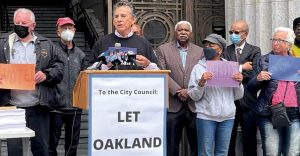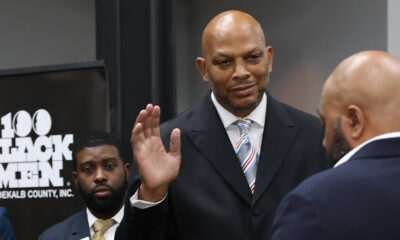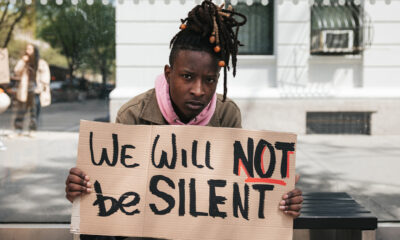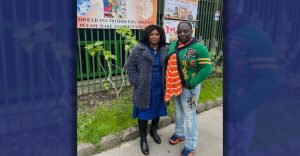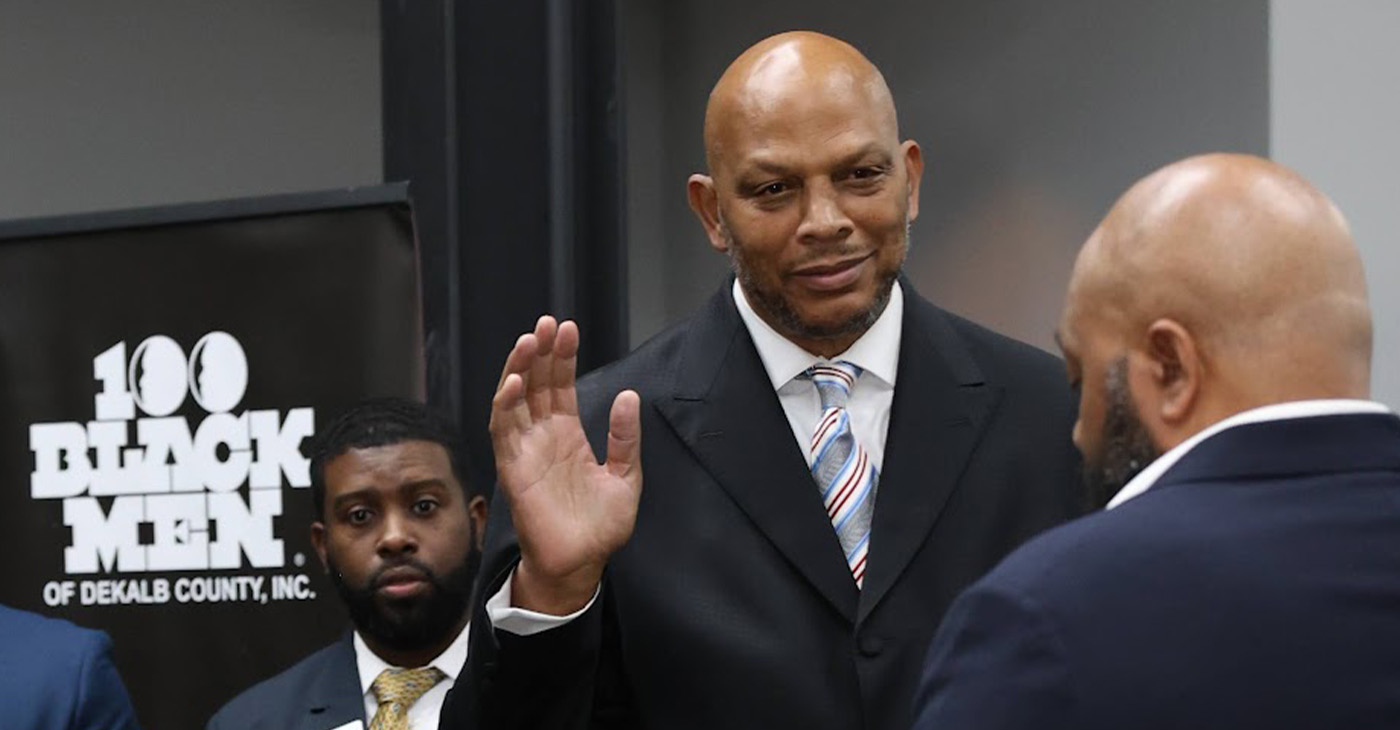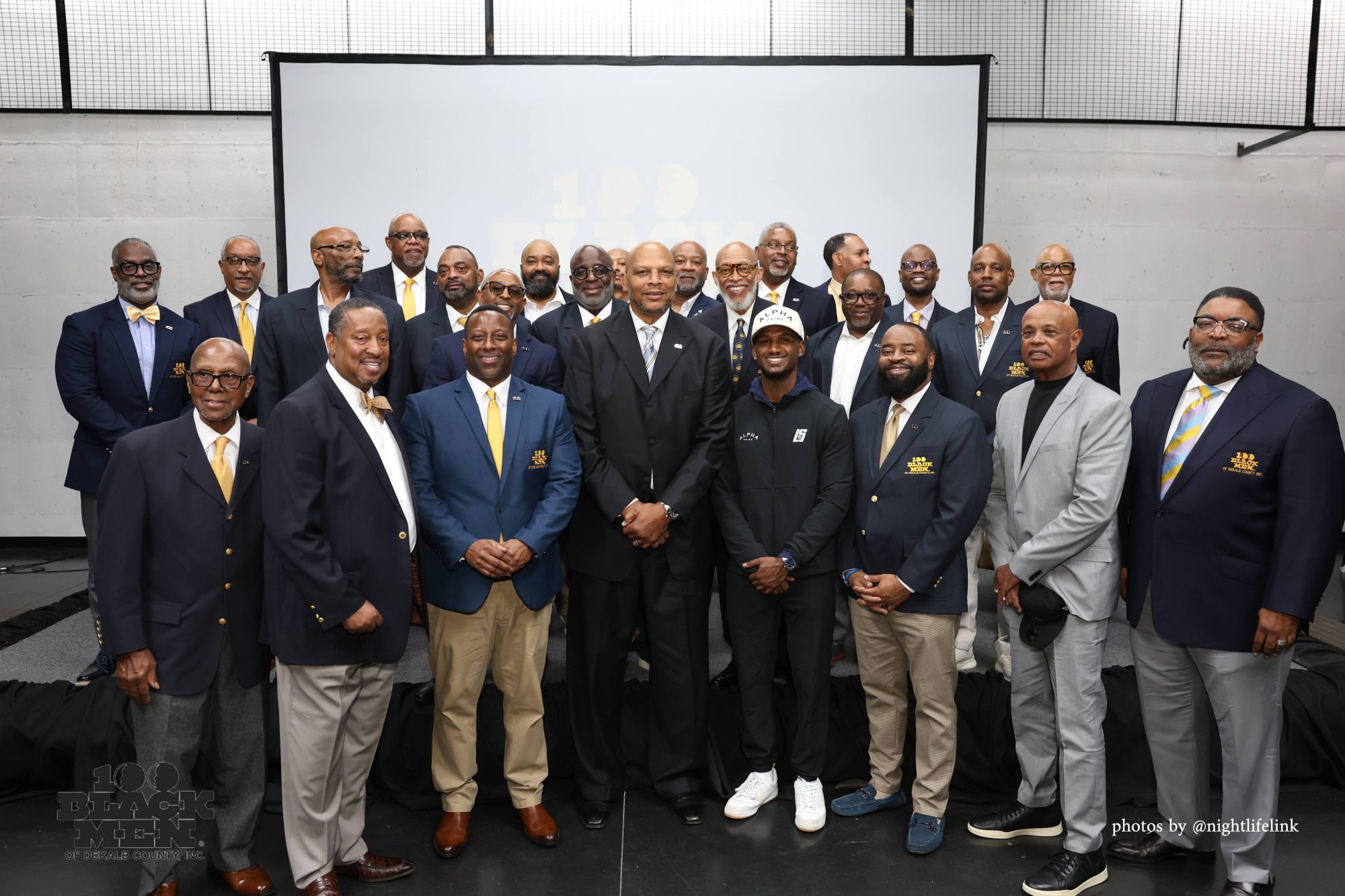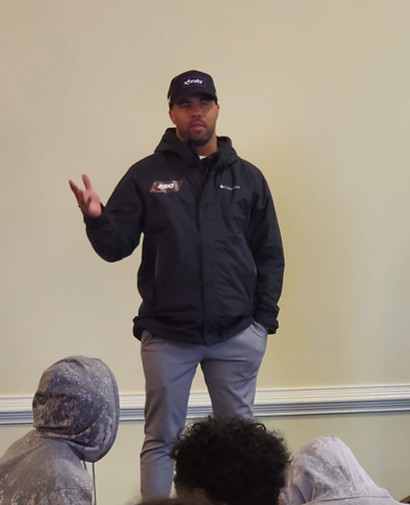By Stacy M. Brown, NNPA Newswire Correspondent
@StacyBrownMedia
New York City’s proposed ban on menthol cigarettes and e-flavored cigarettes and vapes has many critics calling for officials to reconsider.
Opponents of the ban fear that it would give police another reason to profile African Americans.
“We urge you to carefully consider any bill that seeks to ban menthol cigarettes,” Gwendolyn Carr, the mother of Eric Garner; and Sybrina Fulton, the mother of Trayvon Martin, wrote in a letter to New York City Council Speaker Corey Johnson.
“We are concerned,” the women wrote in the October 15 letter and released by the Rev. Al Sharpton’s National Action Network (NAN).
“The majority – 80 percent – of Black smokers prefer menthol cigarettes. When you ban a product sold mostly in Black communities, you must consider the reality of what will happen to that very same over-represented community in the criminal justice system,” the mothers wrote.
Just as much as anyone, Carr, and Fulton are aware of the deadly consequences of racial profiling.
Carr’s son Garner, a Black man, was accused of selling single cigarettes outside a store on Staten Island.
New York Police Officer Daniel Pantaleo tackled and choked Garner as the 43-year-old Black man gasped, “I can’t breathe.”
Garner died a short time later.
Fulton’s son, Trayvon, was shot and killed in Sanford, Florida, by neighborhood watch captain George Zimmerman, who had racially profiled the 17-year-old.
Carr and Fulton stated that they don’t encourage, support, or promote smoking.
However, they said the bill as it stands would create a new market for loose cigarettes.
They contend the law would introduce another version of the infamous stop-and-frisk policing in Black financially challenged communities.
“A ban will introduce or re-introduce many hard to employ young Black New Yorkers to the criminal justice system,” the mothers wrote. “We do not want to take parents, sons, and daughters out of households for small infractions that carry financial obligations.”
The ban is certain to lead to more adversarial contact between law enforcement and the African American community, said Major Neill Franklin, the executive director of Law Enforcement Against Prohibition – or LEAP.
“Here we are moving forward before we do a proper assessing of the potential outcome from this type of [law],” Franklin said.
The policy is especially bad in the Big Apple, where “we still with stop and frisk with people of color,” said Franklin, a more than 34-year law enforcement veteran of the Maryland State Police and Baltimore Police Department.
“So, here we are proposing another policy that will put the police front and center in enforcing that policy, and it’s going to be enforced in communities of color.
“Our poor and Black communities and this doesn’t make sense,” he said.
Further, a menthol ban would create criminal enterprises, and it would not help curb smoking, opponents of the measure told NNPA Newswire.
They argue that many would turn to either buying from smugglers or using flavored vaping products, which New York City Council also seeks to prohibit.
“First and foremost, this has a disparate impact on communities of color. If allowed to go through, the policy would do more to damage police relations than it would help,” said Jiles Ship, president of the North New Jersey Chapter of the National Organization of Blacks Law Enforcement Executives – or NOBLE.
“It will also be an additional drain on resources that can be better utilized and this could create a pretext for law enforcement interaction that can eventually lead to encounters that results in the arrests of individuals who would feel that their civil rights are violated – and, I’m curious as to whether that aspect has been challenged or examined,” Ship said.
Civil Rights Attorney Benjamin L. Crump has said a ban on menthol cigarettes would be another “tool for law enforcement to target African Americans.”
NNPA President and CEO Dr. Benjamin F. Chavis, Jr. praised Carr and Fulton for their “courageous letter.”
Chavis also decried the proposed menthol ban.
“This joint public courageous statement from the mothers of Eric Garner and Trayvon Martin is critical to Black America given the current climate of fatal interactions between law enforcement officials and other persons acting under the color of law. This policy is detrimental to Black Americans intergenerationally across the nation,” Chavis stated.
“Racial profiling should be illegal in any form or policy. Now, the consequence of ‘smoking menthol cigarettes while Black’ will be another pretense.
“And, it will be an ‘unintended consequence’ of bad public policy that will result in negative interactions between law enforcement and Black America.”
Chavis continued:
“The NNPA opposes the proposed menthol ban in New York City because it is racially-targeted against Black Americans who culturally and socially prefer menthol cigarettes over against non-menthol cigarettes. This is not about promoting smoking.
“This is about preventing another racially-motivated ban similar to the infamous and devastating NYC ‘Stop-and-Frisk’ policy. Thus, the NNPA joins with NOBLE, and with NAN and the mothers of Eric Garner and Trayvon Martin in calling on the New York City council to oppose this bad racist public policy proposal accordingly.
“Racism in all forms must be opposed.”

 Activism4 weeks ago
Activism4 weeks ago
 Activism4 weeks ago
Activism4 weeks ago
 Activism3 weeks ago
Activism3 weeks ago
 Business3 weeks ago
Business3 weeks ago
 Activism3 weeks ago
Activism3 weeks ago
 Arts and Culture3 weeks ago
Arts and Culture3 weeks ago
 Activism3 weeks ago
Activism3 weeks ago
 Activism4 weeks ago
Activism4 weeks ago
